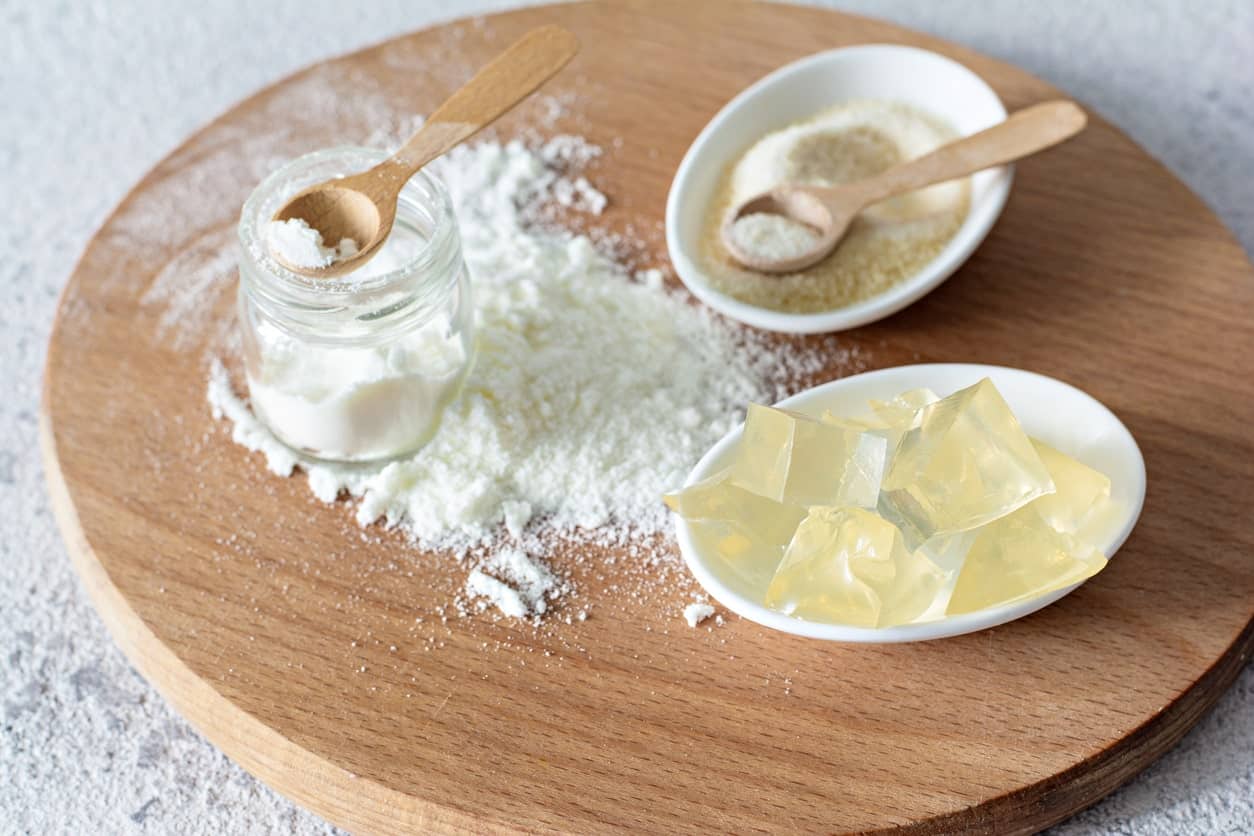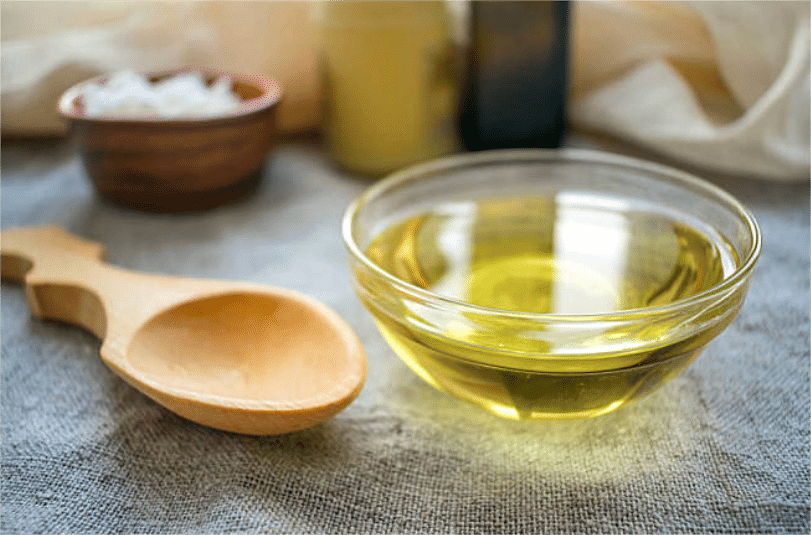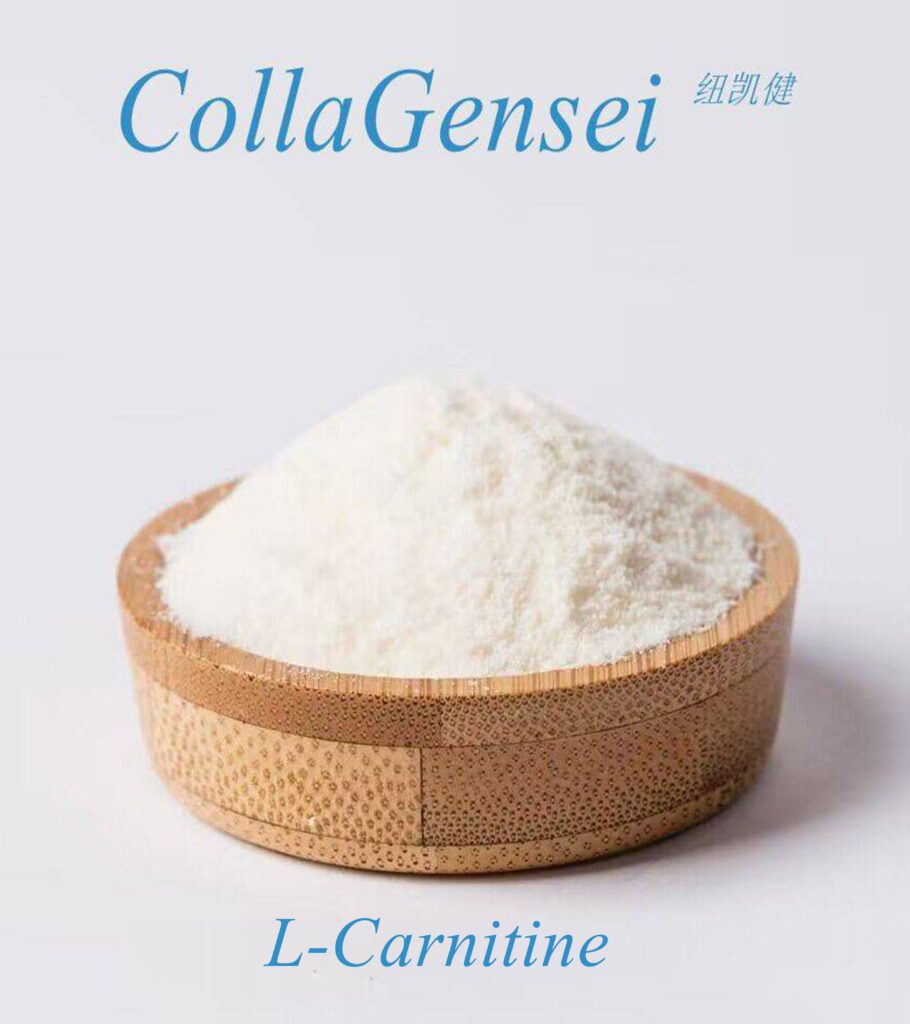Gelatin and collagen have surged in recent years due to their purported health benefits and diverse applications. While these two substances are closely related, they have distinct properties and uses. This article explores gelatin and collagen in-depth, focusing on their scientific backgrounds, health benefits, differences, and practical applications.
Introduction
Gelatin and collagen are often discussed together but are different. Both are derived from animal sources and play significant roles in health and nutrition, yet they have different properties, uses, and benefits. Understanding these differences is crucial for making informed decisions about incorporating them into your diet, skincare routine, or other applications.
1. The Science of Collagen
1.1 Definition and Function
Collagen is a structural protein that constitutes a significant portion of the connective tissues in the body. It is essential for maintaining the strength and elasticity of tissues such as skin, bones, tendons, ligaments, and cartilage. Collagen provides structural support and is critical in tissue repair and regeneration.
1.2 Types of Collagen
Collagen is categorized into several types based on its structure and function. The four main types are:
- Type I: The most abundant form, found primarily in skin, tendons, and bones. It provides tensile strength and is essential for the integrity of the skin.
- Type II: Predominantly found in cartilage, providing elasticity and support.
- Type III: Located in blood vessels, skin, and internal organs, providing structural support and elasticity.
- Type IV: Found in the basal lamina of tissues, playing a role in filtration and structural support in tissues.
1.3 Collagen Synthesis
Collagen synthesis involves the production of procollagen, which is then converted into mature collagen. This process occurs in several stages:
- Amino Acid Formation: Collagen synthesis begins with the amino acids glycine, proline, and hydroxyproline.
- Procollagen Formation: These amino acids are assembled into a triple helix structure called procollagen.
- Mature Collagen: Procollagen is converted into mature collagen by removing non-helical terminal peptides.
This process is critical for maintaining healthy connective tissues and is influenced by various factors, including age, diet, and overall health.
1.4 Sources of Collagen
Collagen can be obtained from:
- Animal Tissues: Bone broth, skin, and connective tissues are rich sources of collagen.
- Dietary Supplements: Hydrolyzed collagen, also known as collagen peptides, is available in powder, capsule, and liquid forms.
1.5 Collagen Degradation
Collagen naturally degrades over time due to aging, UV exposure, and lifestyle factors. This degradation can lead to signs of aging, such as wrinkles and joint pain.
2. The Science of Gelatin
2.1 Definition and Function
Gelatin is a derivative of collagen, produced through a process called hydrolysis. It is a translucent, colorless substance that forms a gel-like consistency when cooled in hot liquids. Gelatin is used primarily as a gelling agent and thickener in various culinary and industrial applications.
2.2 Gelatin Production
The production of gelatin involves the following steps:
- Extraction: Animal bones, skin, and connective tissues are boiled to extract collagen.
- Hydrolysis: Collagen is broken down into gelatin through a controlled hydrolysis process.
- Purification and Drying: The gelatin is then purified, filtered, and dried into powder, sheets, or granules.
2.3 Types of Gelatin
Gelatin can be classified based on its source and processing method:
- Type A Gelatin: Derived from pigskin and processed under acidic conditions.
- Type B Gelatin: Derived from bovine bones and skin and processed under alkaline conditions.
These types differ slightly in chemical composition but are generally interchangeable in culinary uses.
2.4 Uses of Gelatin
Gelatin is used in:
- Food Industry: As a gelling agent in products such as jellies, marshmallows, and yogurt.
- Pharmaceuticals: In the production of capsules and as a stabilizer in medications.
- Cosmetics: As a binder for some skincare and beauty products,
2.5 Gelatin vs. Collagen
Although gelatin is derived from collagen, it is processed differently and has distinct properties compared to its precursor. Gelatin primarily functions as a gelling and thickening agent, whereas collagen is a structural protein with broader health benefits.
3. Health Benefits
3.1 Health Benefits of Collagen
Collagen offers several health benefits:
- Joint Health: Collagen supplements can support joint health by maintaining cartilage and reducing joint pain.
- Skin Health: Collagen improves skin elasticity hydration, and reduces wrinkles. It supports the skin’s structure and helps maintain a youthful appearance.
- Bone Health: Collagen contributes to bone density and overall bone health by providing the necessary structural support for bones.
- Digestive Health: Collagen supports gut health by strengthening the intestinal lining and improving digestion.
3.2 Health Benefits of Gelatin
Gelatin also provides health benefits, although they are somewhat similar to those of collagen:
- Digestive Health: Gelatin can improve digestion and support gut health by aiding in the repair of the intestinal lining.
- Joint Health: Gelatin, like collagen, may help support joint health and alleviate pain.
- Skin Health: Although less studied, gelatin may benefit skin health due to its collagen content.
4. Differences Between Gelatin and Collagen
4.1 Production and Composition
- Collagen: A natural protein found in connective tissues; consumed as hydrolyzed collagen (collagen peptides).
- Gelatin: Derived from collagen through hydrolysis; used primarily as a gelling agent in food applications.
4.2 Solubility and Usage
- Collagen: Typically consumed in powdered form or capsules; dissolves quickly in both hot and cold liquids.
- Gelatin: Requires heat to dissolve and gel; used in cooking and food production for thickening or gelling.
4.3 Bioavailability
- Collagen: Hydrolyzed collagen is highly bioavailable, meaning it is easily absorbed by the body and utilized for health benefits.
- Gelatin: Less bioavailable compared to hydrolyzed collagen, though still beneficial for digestive and joint health.
5. Practical Applications
5.1 Culinary Uses
- Collagen: Added to smoothies, coffee, or baked goods to enhance nutritional content and support health.
- Gelatin: Used in recipes requiring a gelling or thickening agent, such as making jellies, marshmallows, and gummy candies.
5.2 Skincare and Beauty
- Collagen: Incorporated into skincare products to improve skin elasticity and reduce wrinkles.
- Gelatin: Sometimes used in DIY face masks and beauty treatments due to its gelling properties and collagen content.
5.3 Supplements
- Collagen Supplements: Available as powders, capsules, or liquids; marketed for benefits related to skin, joints, and bones.
- Gelatin Supplements: Less common but available for digestive support and joint health.
6. Potential Side Effects and Considerations
6.1 Allergies and Sensitivities
- Collagen: Derived from animal sources, so individuals with allergies to specific animals should choose products carefully.
- Gelatin is also derived from animal sources; those with dietary restrictions or sensitivities should know the source.
6.2 Digestive Issues
- Collagen: Some people may experience digestive discomfort or issues with collagen supplements.
- Gelatin: This may cause bloating or digestive problems in some individuals, mainly when consumed in large quantities.
7. Conclusion
Gelatin and collagen, while closely related, have distinct properties and uses. Collagen is a vital structural protein with many health benefits, including skin, joint, and bone support. Gelatin, derived from collagen, is primarily used as a gelling agent in culinary and industrial applications. Understanding the differences between these substances can help you make informed choices about using them in your diet, skincare routine, and other areas of your life.
Whether considering dietary supplements, exploring culinary uses, or seeking skincare solutions, knowing the roles and benefits of collagen and gelatin can enhance your overall health and well-being. By incorporating these substances thoughtfully, you can leverage their unique properties to support your health goals and improve your quality of life.




